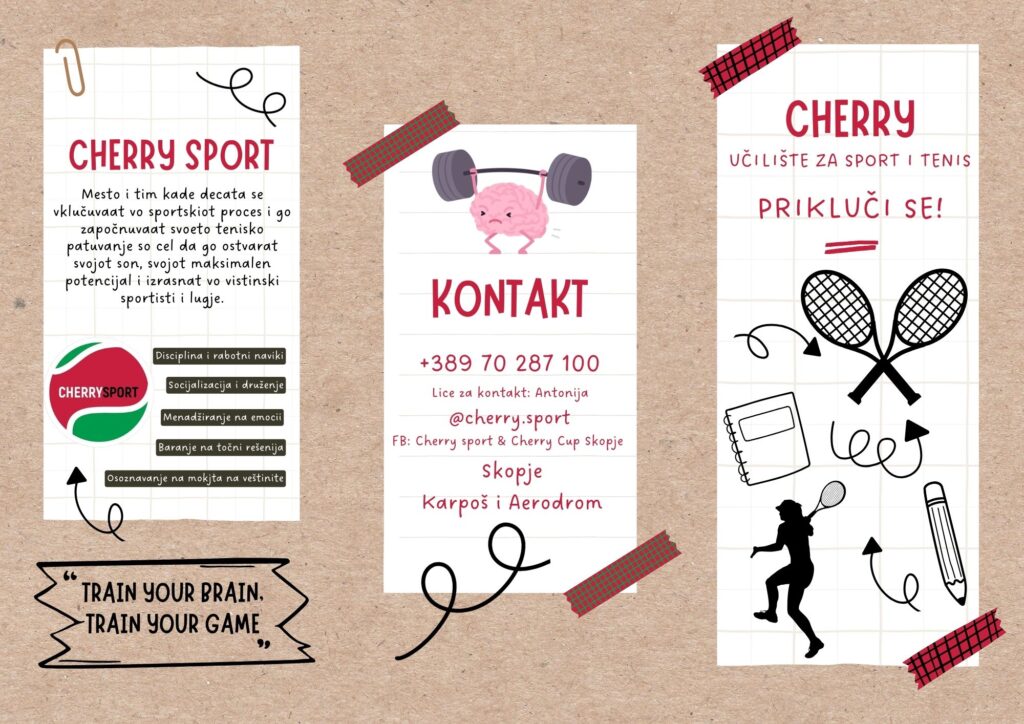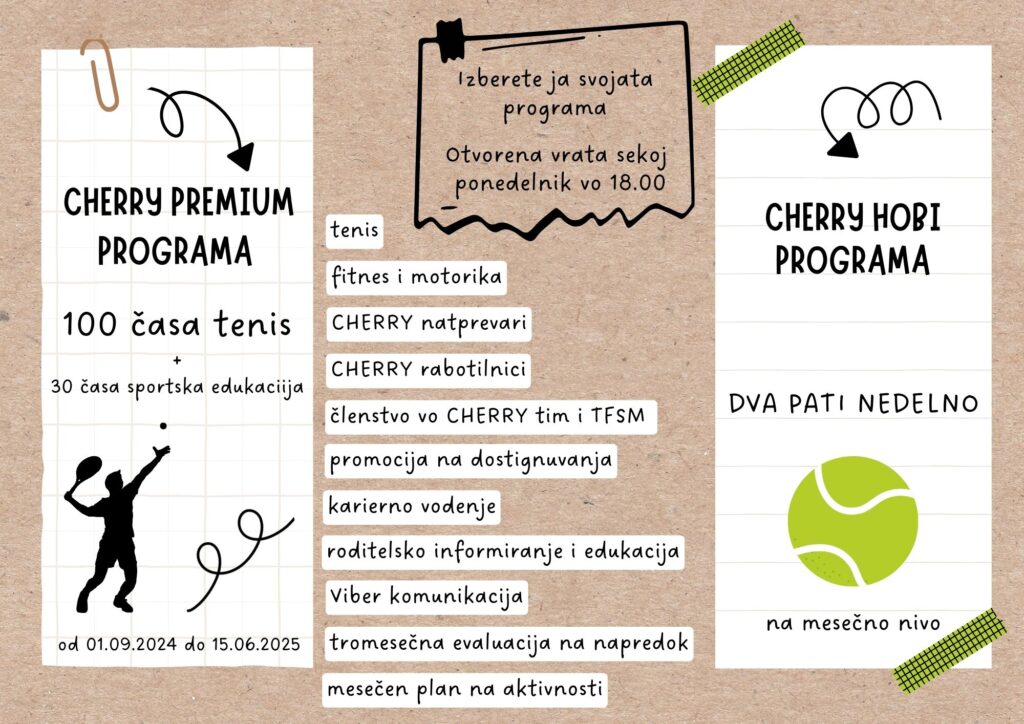New football season is well underway, both for professionals and for the youngest football players. We have prepared some guidelines, mainly psychological, regarding behavior in certain situations that are important in bringing up of almost any young athlete, including football players, although sport is still merely a game for them.

1. Support your kid: and I don’t mean only financially.
Researches show that most kids take part in sports mainly for fun. At the age of 10, kids don’t think about playing for Real Madrid od Barcelona, like some parents do. Above all, kids should have good time, because this is their amusement, so you should also have fun and enjoy. Each parent should try to understand that, if he pays for the gear and for monthly membership fee, it does not mean he owns the game. The game belongs to players.
Детаљније Guide – how to become (and remain) parent of a football player?
2. Bring your little football player to games and practices in time. Not just because of making him get used to discipline, punctuality and smooth flow of the practice. Practice does not begin with coming out to the pitch. It begins with timely arrival to locker-room, at least 15 minutes prior to going out to the pitch, and with preparations for practicing. In team sports, before and after a game, locker-room can in many cases be more useful for learning lessons of life, and can be more fun, than the game itself.
3. Respect the locker-room area. It is a place where only coaches and players should enter.
4. Support the coach and let him do his job – coach. If you criticize coach in front of your kid, your actions are counter-productive. With this, you are only undermining your kid’s own experience.
There is an old ironic saying that describes relations between a coach and a parent: „Of course I know more than the coach, because I am a player’s parent“. Coach is the leader, and he is responsible for his decisions that he makes in the best interest of the team as a whole. Although as a parent you may not agree with coach’s decision, especially if it is related to your kid, you should understand and respect role of the coach.
5. Use the „24-hour rule“: The 24-hour rule is very important and it works the following way: If there is something that you would like to say to the coach, wait for 24 hours after the event before talking to him – of course, without help of alcoholic beverages or other „stimulants“. During that period, you will gain better perspective of the events, just like the coach will, too. While doing so, you will eliminate many arguments. Football is an emotional game. For this reason, it is best if you controlled your emotions before talking with the coach. And talk with the coach the way two adults should talk.
6. Car ride: it can become a major point of „friction“between little players and their parents. When you sit in your car after the game, do not flood them with millions of questions. Take them to a family lunch or a delicious dinner. Do not criticize their game – or even game of their teammates. Let them speak. Allow them to say what is on their mind. If you wish to ask something, ask them whether they had good time. Ride back home can be very emotional, and this is emphasized if the game was emotional too.
7. Football is a game that requires ever more knowledge and courage. Be patient and encourage kids to play, but also to do their best, especially in acquiring knowledge. Just like with learning how to ride a bike, some kids need more time, but in the end all of them ride their bikes the same way.
8. Don’t be a parent with a stopwatch. Few times I saw parents in the stands, measuring their kid’s playing time.
Parents with stopwatch watch only their kid, they never watch games. They are delighted when their kid scores a goal, but they do not care if one of his teammates does. One of major lessons in team sports is to learn that teamwork can also make a difference. Teamwork among parents is often as important as teamwork among kids on the pitch. It may take just one stopwatch among parents to change „chemistry“ of the entire season for kids.
9. Referees. If being a referee were simple, everybody could be a referee, but, obviously, not everybody can. The more you yell and curse, the less sympathy you will „earn“ from referees. Referees hear almost everything. Most of the referees do their best during games, but they also inevitably make mistakes, just like coaches and players do. If you lose your temper in the stands, first of all it will not be pleasant for your kid, and let alone for you. Try to understand that you are a role model for your kids, and that you should pay attention to your behavior, to things you say/shout from the stands while you watch kids play.
10. Parents should understand and respect the concept of teamwork, and should be aware that each team has players that are somewhat better than the rest, but for a team to be successful, a cooperation is required from every team member – regardless of whether he is a substitute goalkeeper or an equipment guy. No individual in the history of team sports, no matter how great and fantastic he/she may be, would not be successful without the other team members.
11. Parents should understand that it is the players who are playing the game.
If during a match kid constantly waits for instructions, or looks towards stands expecting some sort of signal, he can not focus on the match, losing contact with his coach and his teammates, ruining some of the things that coaches are trying to teach – how to respond and be a part of the match. With your own team and coach, and not with the audience, no matter who is in it.

12. Do not offer your kid money for scoring goals. Passion and love for football can not be taught or bought. Encourage kids to block opponent’s attempts at goal or to fight for the ball near sidelines – this will come in handy for them, not only on the pitch, but in life in general.
13. If possible, share or buy used sports gear, especially when kids are in the age when they still grow. Your kids do not need to have as many new shoes as Messi or Ronaldo, regardless of your purchasing power. New shoes will not make them better football players.
14. Watch what is happening on the pitch, not on the scoreboard. Although score and standings are somewhat important when kids get a bit older, measuring success solely based on points, wins and losses can be very dangerous.
At the end of the day, it is the kid who has to develop passion for the game and show desire to give his best game. It’s their game. Let them play it.
15. Encourage kids in school and during studying. Finally, be proud of your kid’s success in school and life outside football pitch. Why? Because, speaking purely from sports point of view, a football player needs to prepare for the worst, while hoping for the best.
If a football player’s life „takes a wrong turn“, i.e. if he does not become successful in football, he can always rely on his education and knowledge.
*photo: www.nk-rijeka.hr (football school)
Author: R. Perme
Source:
Rijeka sports portal HoćuRi
http://www.hocuri.com/vodic-kako-postati-roditelj-nogometasa/




































Novi komentari